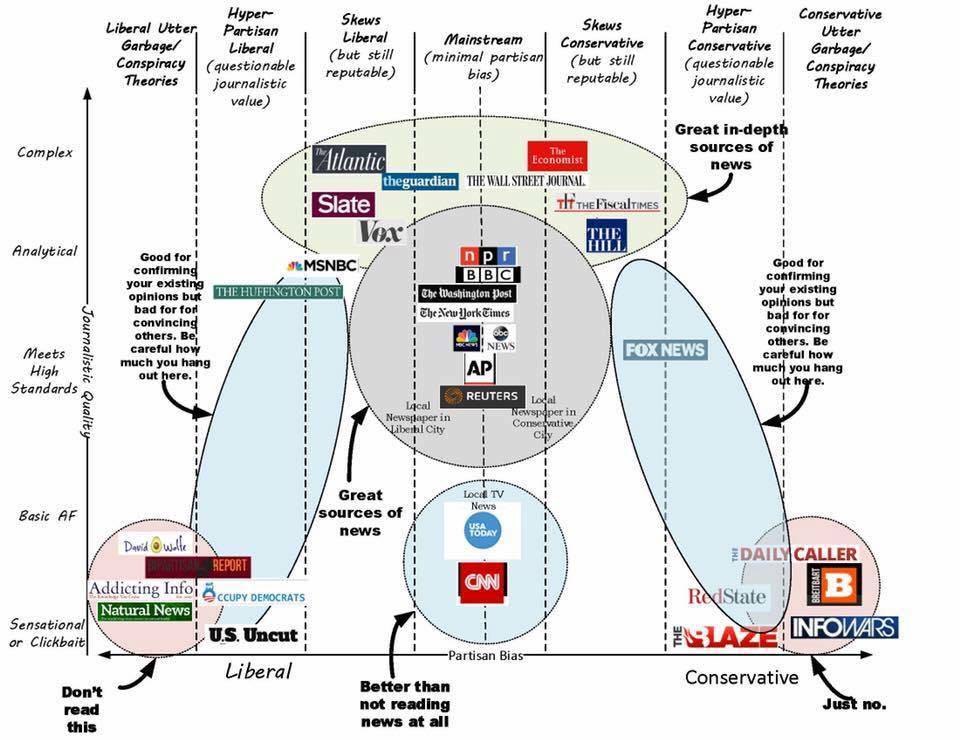I never really understood the appeal of Universal Basic Income, but after reading the European parliament’s proposal for Robotic Civil Rights I think I finally get it.
By the time the Republic turned into an Empire, slaves made up 40% of Italy’s population and held all the farming and service jobs. …
The nobilis preferred to keep wealth out of the plebs’ control, and provide them with guaranteed grain rations instead.
Source: Bread and Circuses | Elaine’s Idle Mind
I think that UBI has quite a few advantages, most of which rely on the ‘universal’ part.
- UBI, being universal, can be an attempt to increase the civic value of citizen’s collective communal ownership of and investment in the state. This perspective sees UBI as a continuation of village commons, state parks, and national infrastructure. (see: Alaska’s PFD)
- UBI, being universal, can be a way to compensate those citizens who do real work but are not traditionally financially compensated for that work (parents, family caretakers, community volunteers, the unemployed seeking a job, etc.), and support those who cannot do real work. And UBI accomplishes this without threatening loss of benefits for limited engagement in remunerative work. This perspective sees UBI as an improvement of communal support and the social safety net. (see: negative income tax as UBI)
- UBI, being universally received but necessarily paid for by progressive tax rates, would effectively be a rich-to-poor income transfer which would broaden (and likely increase) consumer spending and economic demand which should grow the economy. This perspective treats UBI as little more than another pro-growth policy tool.
- Politically, things provided broadly are easier to get and maintain support for. (see: mortgage interest deduction, F-35 production)
Ultimately, it seems to me that support or opposition to UBI turns on how someone feels about their fellow citizens. Are they adult peers who can and should be allowed to make their own intelligent decisions about how to spend their fair share of our society’s collective productivity? Or are they children whose every choice must be limited to the “good” options lest they misbehave and harm themselves or others? Or are they strangers, best avoided and left unaided and unsupported in favor of a more local tribe?
